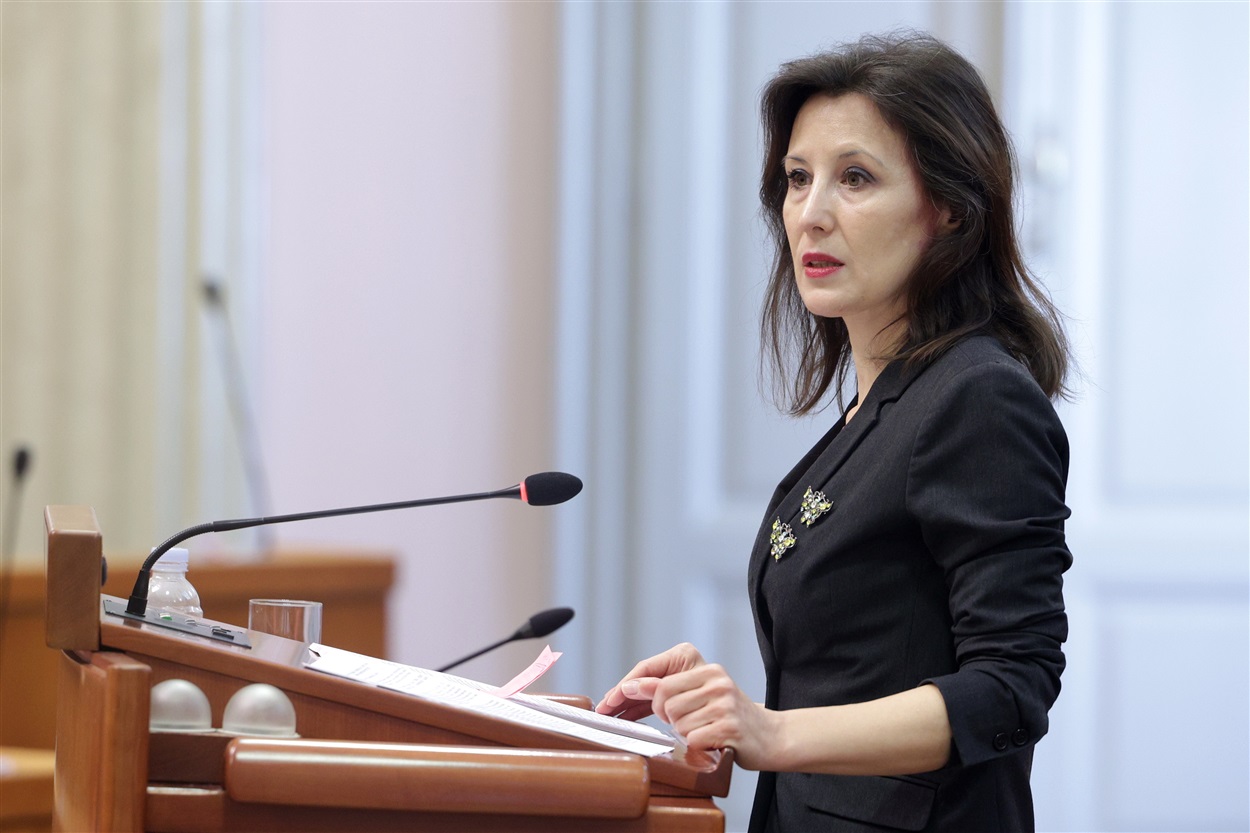
Zagreb - Debating amendments to consumer and housing loans on Wednesday, the parliamentary opposition said the sale of debts and consumer loans to third parties constituted a grey market and the loan sharking of citizens.
Dalija Orešković of the Centre-GLAS group said debt-buying was the key problem of those two laws. The laws and the legal system created a grey market, money laundering and loan sharking, making them legal, she added.
She said the HDZ-led government either did not see the main problems of the two laws, or it was not interested in solving them or did not know how.
Orešković said most debt-buying firms and agencies were started with HRK 20,000 in original capital and that since 2010 they had bought HRK 40 billion worth of debts a year.
She asked if the central bank or the Finance Ministry had checked the origin of that money to find out if it was perhaps "dirty money."
Sandra Benčić of the Green-Left Bloc said that although this market was worth HRK 40 billion, "where money is being laundered big time," the state did not see fit to regulate it.
Zvane Brumnić of the Social Democrats said he would vote against the two bills of amendments to show that the government did not do what was expected of it, and that solutions for protecting those weaker were not on the market but in the central bank.
He said selling a loan obtained from a bank to loan sharks was not the market because the relationship with a bank was regulated, whereas the one with a loan shark was not and "boils down to mobbing the one who is weaker".
Ružica Vukovac of For a Just Croatia said the more than 230,000 citizens with blocked bank accounts, for owing more than HRK 18 billion in total only for the principal, lived in agony with no end in sight.
The constant rise in the number of citizens with blocked accounts is worrying and inflation will likely raise it by another 100,000, she added.
Vukovac said Croatia was approved accession to the euro area due to looser criteria in the wake of the economic impact of the COVID crisis, and that all citizens would feel the effects of "putting the cart before the horse."
Zvonimir Troskot of Bridge said Croatians would pay very dearly for joining the euro area. He said the euro area and the EU had become "the playground of the wolves of Wall Street" and energy moguls, and warned about the danger of euro's depreciation.
Accession to the euro area will bring imported inflation as the value of the currency will fall and all investors will go to the US, where interest rates are being raised very aggressively, he said.
Marin Mandarić of the ruling HDZ agreed that debt-buying should be better regulated, but said that in doing so one should not claim that debtors and those in trouble were always saints, while banks or creditors were the bad guys.